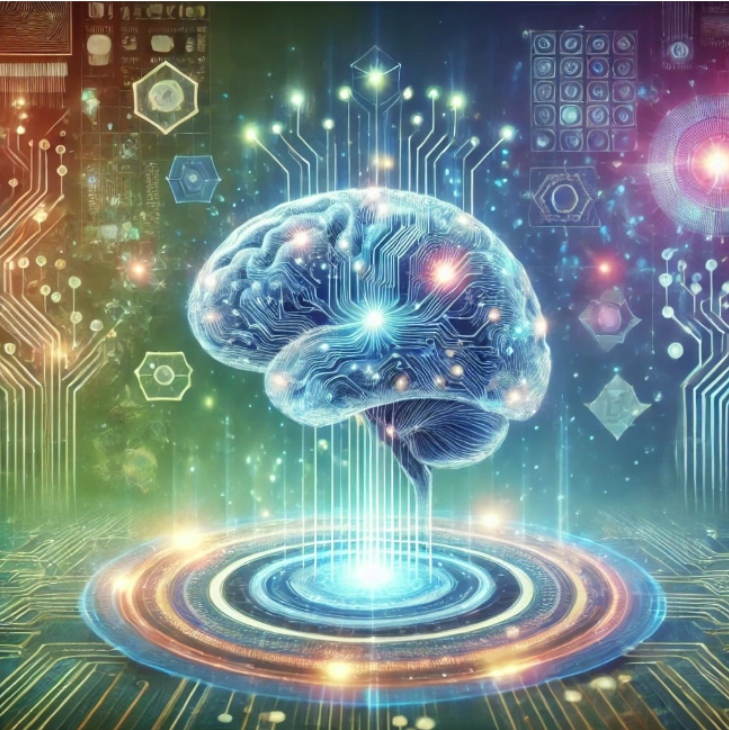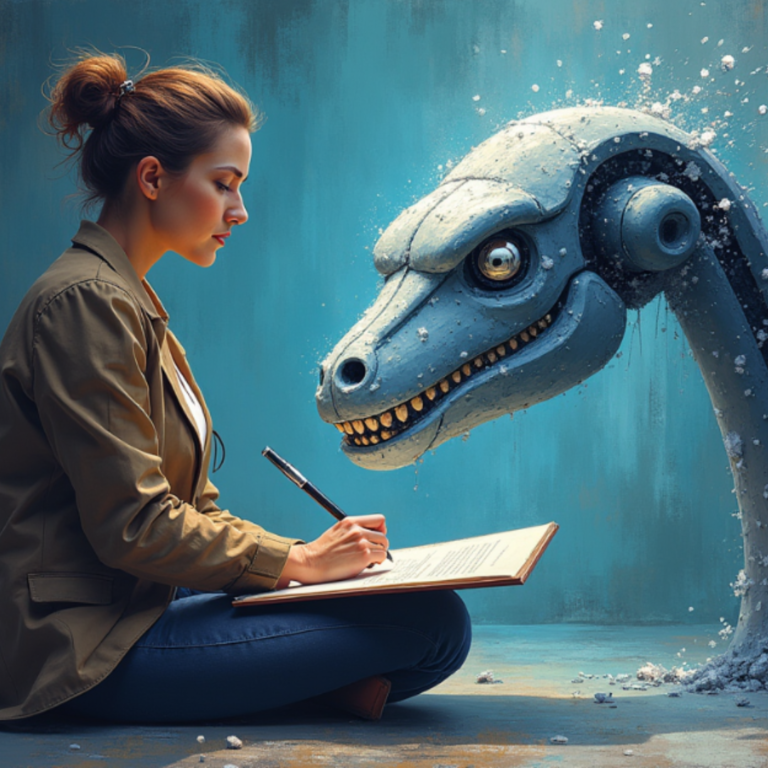For centuries, humans have relied on their brains to solve problems and create and adapt to challenges. Much like muscles, the brain strengthens through use: learning a new skill, solving puzzles, or engaging in creative thinking keeps the brain agile and resilient. But as we stand on the cusp of an AI-dominated era, where artificial intelligence increasingly automates tasks and performs cognitive functions, it raises an intriguing question: what will become of the human brain when its workload diminishes?
A Decline in Cognitive Engagement?
One concern is that reduced reliance on human cognition may lead to a kind of “mental atrophy.” When AI systems take over tasks like decision-making, problem-solving, and even creative endeavors, humans may no longer need to engage their brains as rigorously. This could result in:
Decreased cognitive resilience: Like any muscle, the brain thrives on exercise. Without the mental stimulation of challenging tasks, critical thinking and problem-solving skills could deteriorate over time.
Reduced capacity for innovation: While AI excels at optimizing existing solutions, true innovation often emerges from human curiosity, intuition, and the ability to think unconventionally—traits that may atrophy if underused.
Over-reliance on external systems: Dependency on AI could weaken our ability to function independently, creating a gap in human capabilities if technology fails or malfunctions.
A Different Kind of Brain Development?
On the other hand, the human brain is remarkably adaptable. History has shown that when one skill becomes obsolete, humans often develop new capacities to thrive in a changed environment. With AI handling repetitive or data-heavy tasks, the brain may redirect its energy toward higher-order thinking, such as:
Creative exploration: Freed from routine tasks, humans might focus more on creativity, empathy, and abstract problem-solving—areas where AI still lags.
Emotional intelligence: The unique human ability to understand and connect with others could gain prominence as jobs and industries evolve to prioritize soft skills.
Learning adaptability: In a world where AI accelerates knowledge creation, the ability to learn, unlearn, and adapt quickly will likely become a critical skill for navigating complexity.
Will AI Complement or Erode Human Intelligence?
The key lies in how humans choose to interact with AI. Will we use AI as a partner to enhance our capabilities, or will we become passive consumers of its output? The answer depends on deliberate choices:
Education systems must evolve to emphasize critical thinking, creativity, and emotional intelligence, ensuring that humans remain active participants in cognitive processes.
Ethical considerations around AI deployment should ensure that technology augments human potential rather than replacing it entirely.
Personal responsibility will play a role in how individuals engage with AI—whether they use it as a crutch or a tool for growth.
The Human Brain in Transition
As AI becomes more integrated into daily life, the human brain is at a crossroads. While the risks of cognitive stagnation are real, there is also immense potential for humans to redefine their intellectual and creative capacities.
The question is not whether AI will change the way we think—it will. The real challenge lies in ensuring that this change leads to growth, not regression. Can we rise to the occasion and embrace a future where humans and AI coexist, not as competitors, but as collaborators? The answer lies in how we shape the coming decade.



